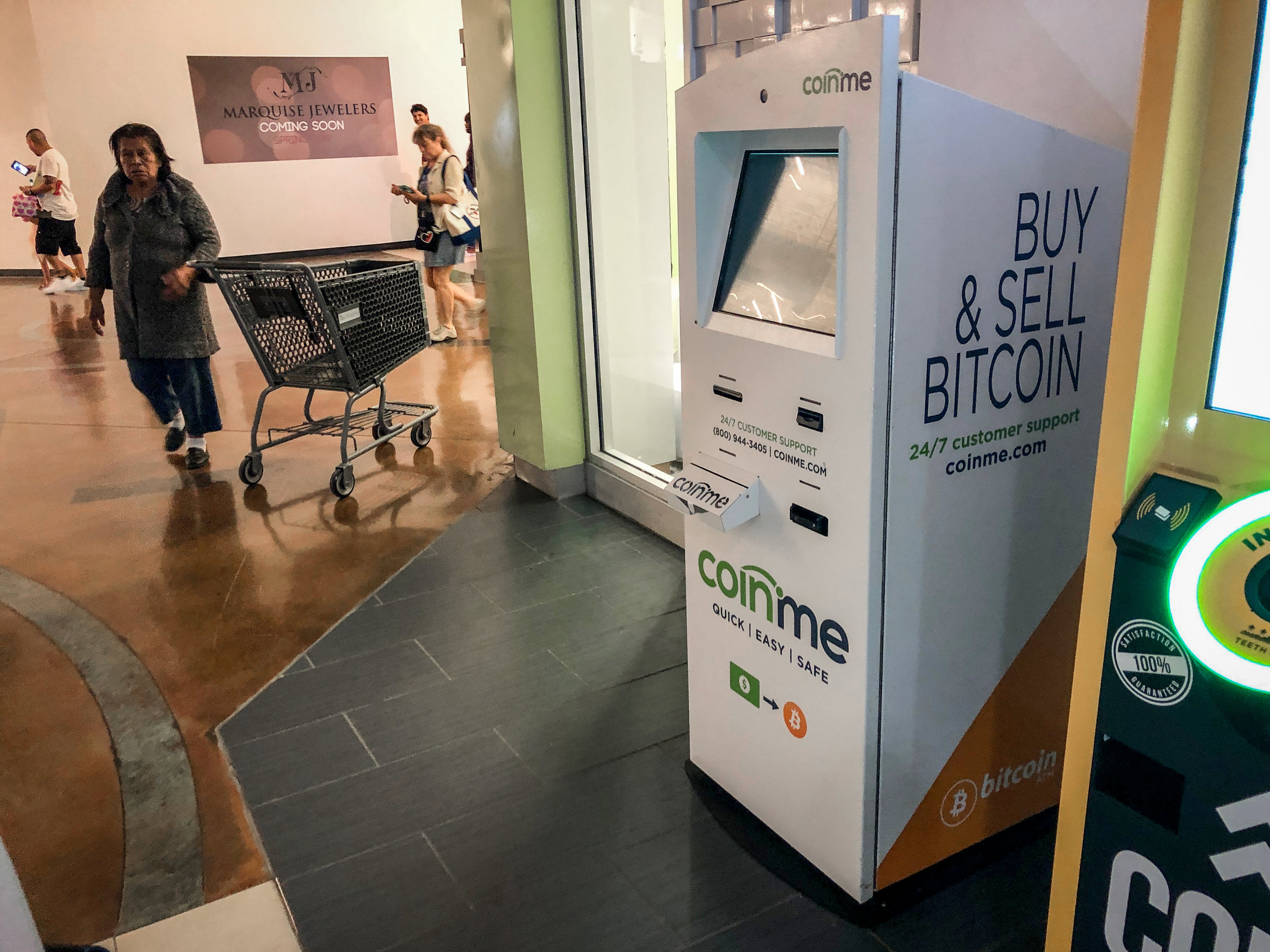Illustration by Will Baldwin
At the heart of a monetary frontier, the technology behind cryptocurrency is leading the way to a new future in financial transactions and record keeping.
“I was aware of bitcoin when it was worth 13 cents,” said former Coinbase employee Connor Norris. “The winter of 2017 is when the price ran up outrageously and it became this huge commodity. It was like a digital gold rush.”
In recent years, cryptocurrency has become a multi-billion dollar industry. However, this new form of money is still far from replacing well-established currencies like the U.S. dollar.
Blockchain, the backbone technology behind cryptocurrency, has reviled innovations that stretch far beyond the realm of online spending — even gaining the attention of the University of North Texas.
In August of 2010, approximately $200 thousand worth of bitcoin existed in circulation. That value grew to over $87 billion as of April 2019, according to data from Blockchain.com.
Online companies like Overstock.com have seen the potential behind the emerging digital currency and have started accepting Bitcoin as payment for online sales.
Crypto has recently started to enter our physical markets. Companies like Coinme currently have Bitcoin ATM machines scattered throughout the United States. These machines can be found in brick and mortar stores all around the Dallas Fort Worth area.
A Coinme Bitcoin ATM machine sits near the entrance of Grapevine Mills Mall. Photo by Will Baldwin
At the end of 2017, bitcoin’s value spiked, hitting an all-time peak cost of over $17 thousand per coin according to Coindesk.com. Following bitcoin’s trend, smaller cryptocurrencies such as ethereum and litecoin grew in value as well, attracting new investors looking for a piece of the technological frontier.
In order to keep up with this newfound popularity, cryptocurrency exchange services like Coinbase received a substantial growth in new users.
As a customer support analyst, Connor Norris saw cryptocurrency as a useful tool and a profitable industry. However, unpredictable market fluctuations have kept crypto from growing to the stature of national currencies like the U.S. dollar.
“There's no way something like bitcoin could be representative of a currency for a country if the price is 20x what it is in six months,” Norris said. “There's no way that’s going to work for anybody.”
Cryptocurrencies aren’t owned or facilitated by single entities like governments or corporations. Instead, each currency is owned and sustained collectively by every user involved.
This decentralized nature comes from its sustainability through blockchain technology— the record keeping system behind each cryptocurrency
When transactions occur, information is added to the currency's blockchain where it is then unable to be altered by anyone. Each blockchain keeps a ledger of every user’s balance and every transaction made in order to keep a consistent record of all the respective currency in circulation.
Today, when sales are completed with debit or credit cards, the sale is recorded. However, the sale isn’t actually processed until the bank or card company approves the transaction at a later time.
“That’s the same way it’s been since… accounting systems and banking systems were built side by side,” said blockchain expert Cijoy Olickal. “They’re running the same way — they just became digital today but they haven’t merged. Bitcoin is the first time they’ve merged.”
Cijoy Olickal is a professor at the University of North Texas and the CEO of Plymouth AI, a research firm specializing in artificial intelligence and blockchain Technology.
Without the presence of physical cash, cryptocurrencies can be completely sustained by the same system that facilitates their transactions. This gives the ability to make transactions instantaneously between any user all over the world without the need of middlemen.
“Blockchain is just the record-keeping aspect of [cryptocurrency]. You can shove anything into a blockchain. Each row in that record system just says sender, receiver value and signature. It’s very simple,” Olickal said. “That value thats being transferred could be the recipe for Coca Cola or It could be a dollar amount.”
Cijoy Olickal is a professor at the University of North Texas and the CEO of Plymouth AI. Courtesy of Cijoy Olickal
This emerging technology has caught the eye of the University of North Texas. Having realized the growth in popularity and perceived benefits, the university has begun researching ways blockchain can be applied to the university’s record keeping and financial operations but have not yet made a full adoption.
Aaron LeMay, UNT Associate Vice Chancellor and System Controller, says he is looking into how these new technologies impact the university. Lemay said that as people grow up with blockchain and cryptocurrency, there will be an expectation for UNT to evolve and adopt these new technologies.
“In the future, when we have our first student come and say, ‘hey, can I pay with bitcoin?’ I don’t want to refuse somebody from giving me some sort of money,” LeMay said.


